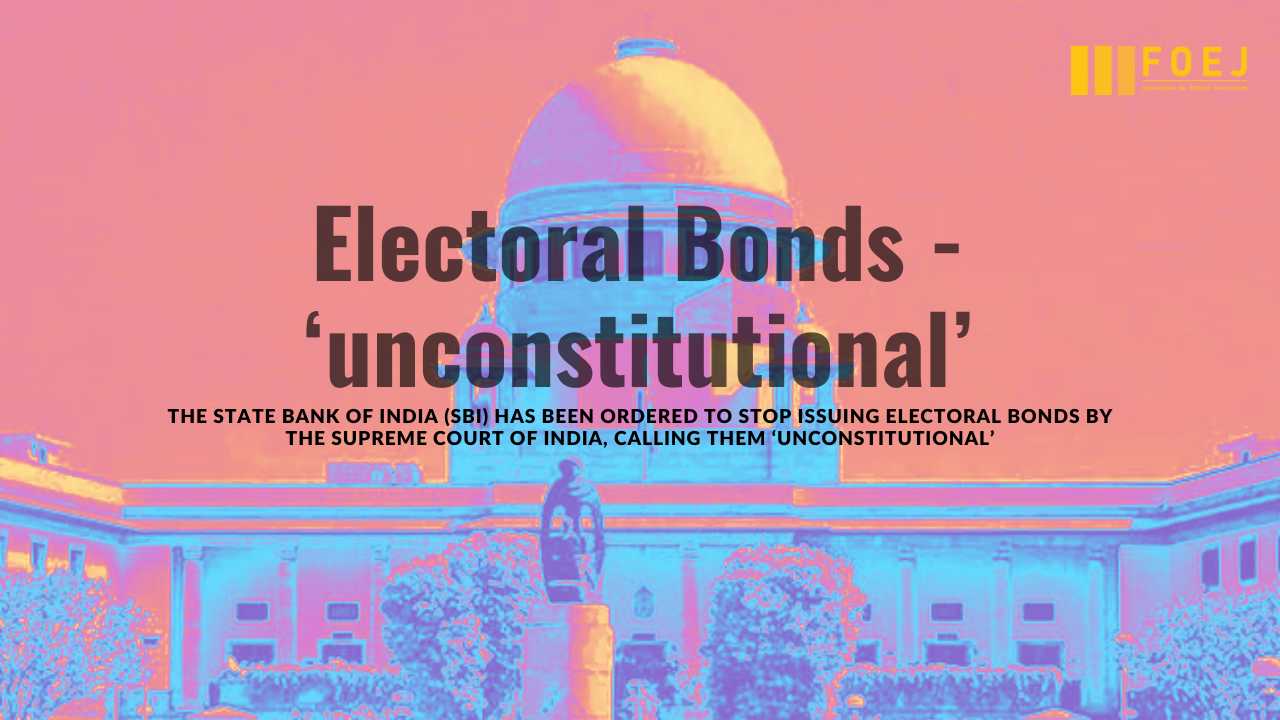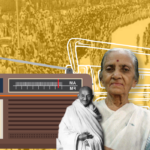The State Bank of India (SBI) has been ordered to stop issuing electoral bonds by the Supreme Court of India, calling them ‘unconstitutional’. Electoral bonds allow individuals and companies to donate money to political parties anonymously and without any limits.
Moreover, the top court ordered SBI to release information on electoral bonds that have been bought since April 2019, including the buyers’ identities. The purpose of this action is to increase political fundraising transparency and reveal the sources of contributions to political parties.
By March 6, SBI must provide information on each electoral bond that political parties have redeemed in a three-week period. Understanding the money flow and financial operations of political bodies depends on this information.
The duty of posting the revealed information on its website has been placed on the Election Commission of India. Ensuring public access to vital information about political finance and election processes is contingent upon this crucial step.
Political parties are required to reimburse any electoral bonds that are not cashed by them within the allotted 15 days of validity. The purpose of this action is to protect the integrity of the voting process and stop financial misuse.
Legal
The Chief Justice of India (CJI) said that Article 19(1)(a) of the Constitution guarantees freedom of speech and expression, which is violated by the electoral bond scheme. The democratic process’s integrity and openness are compromised by donations that remain anonymous.
The ruling brought attention to the issue of financial contributions to political parties, implying that these kinds of payments are frequently given in support of a political party or in exchange for favors.
Given the enormous power that corporations have over politics, the Supreme Court underlined the need to limit the unrestricted donations that businesses may make to political parties.
Electoral Bond Program:
In 2017, electoral bonds were established as a way for people and businesses to freely and secretly give money to political parties. Contributors would buy bonds from the State Bank of India under this arrangement, and the bank would subsequently transfer the money to the chosen political party.
Issues and Responses to Understand
Election bond donations’ anonymity sparked questions about accountability and transparency in political financing. The identity of contributions was kept a secret from citizens and voters, which might have compromised the objectivity of political choices and encouraged a quid pro quo mentality.
Major contributions
The Bharatiya Janata Party (BJP) got the highest percentage of electoral bond payments, totaling Rs 5,272 crore, or 57% of the total, according to data from 2016 to 2022. The total amount contributed by all other parties was Rs 2,964 crore, with the Indian National Congress receiving Rs 952 crore.
What can we conclude?
- In order to provide voters with the information they need to make a wise decision about whom to support, SBI and the electoral board are to collect and disclose all electoral bonds beginning in 2019 until now. This will indicate the total amount of money that each corporation has contributed to each party.
- The Supreme Court claims that companies benefit greatly from the electoral bond contribution, resulting in huge favors from the party they contributed to.
- Experts predict that it will take the SBI and electoral commissions at least three weeks to distribute the information, giving political parties enough opportunity to file new appeals. The appeal is meant to center on the privacy of those whose data will be made public due to the fact that opposing political parties will be pursuing them.









